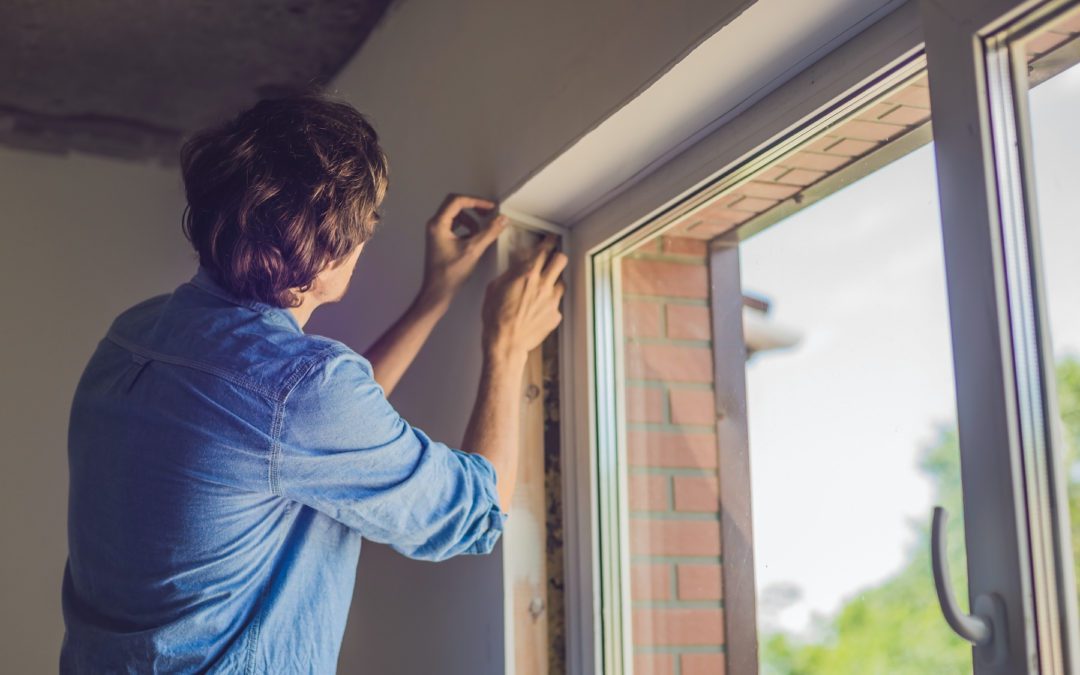How to Improve Your Home’s Energy Efficiency MABA MassachusettsRealEstate FirstTimeHomeBuyers MaBuyerAgent
In today’s eco-conscious world, improving your home’s energy efficiency is more important than ever. Not only can it reduce your utility bills, but it also lowers your environmental impact and increases the overall value of your property. Whether you’re planning to sell or simply want to create a more sustainable living environment, there are several practical and cost-effective ways to enhance energy efficiency at home.
Upgrade Insulation and Seal Leaks
Proper insulation is a cornerstone of energy-efficient homes. Many homes lose energy through poorly insulated walls, attics, and basements, which forces heating and cooling systems to work harder. Adding insulation or upgrading to modern materials, like spray foam or rigid foam panels, can drastically reduce energy waste. Similarly, sealing air leaks around windows, doors, and electrical outlets with caulk or weather stripping helps maintain a consistent indoor temperature, saving you money and energy.
Invest in Energy-Efficient Windows
Old, drafty windows are a major source of energy loss. Replacing them with double- or triple-pane energy-efficient windows can prevent heat transfer, keeping your home warmer in winter and cooler in summer. Many energy-efficient windows also come with low-emissivity (low-E) coatings that reflect heat and harmful UV rays while letting in natural light. If a full replacement isn’t in the budget, adding window films or thermal curtains is a more affordable alternative.
Upgrade to Energy-Saving Appliances
Household appliances account for a significant portion of energy use. When it’s time to replace them, choose ENERGY STAR-certified models, which use up to 50% less energy than standard appliances. From refrigerators to washing machines, these products are designed to operate more efficiently while providing the same or better performance. Additionally, consider switching to a smart thermostat, which learns your habits and adjusts the temperature to save energy automatically.
Opt for LED Lighting
Lighting is one of the easiest areas to address when boosting energy efficiency. Swapping out traditional incandescent bulbs for LED ones can reduce energy consumption by up to 75%. LEDs also last significantly longer, meaning fewer replacements over time. Installing dimmer switches or motion sensors further reduces energy usage by ensuring lights are only on when needed.
Incorporate Renewable Energy Solutions
If you’re looking to make a long-term investment, adding renewable energy sources like solar panels can significantly enhance your home’s efficiency. While the initial cost can be high, government incentives and decreasing technology costs make solar power more accessible than ever. Over time, solar panels can pay for themselves through reduced utility bills and tax credits, all while boosting your home’s market appeal.
Improving your home’s energy efficiency is a smart investment for both your wallet and the planet. By taking simple steps like sealing leaks and upgrading to efficient appliances—or making larger commitments such as installing solar panels—you can enjoy a more comfortable living space and potentially higher property value. Start small, or plan for larger projects over time, and watch as your efforts yield substantial benefits for your home and the environment.

FIRST TIME HOMEBUYERS
HOMEBUYERS BEWARE! Book Review
This book is an excellent first step in a complicated process.

BEWARE the cards are stacked against you! Get Tom Wemett's book, learn why are different from other
Buying a home is like buying a car, on steroids. It’s the biggest investment you are likely to make so the stakes are incredibly high. I knew that having an agent represent me was a good idea.
What I hadn’t grasped was how important it is to find one who is not connected with the selling side in any way—through an agency that also represents sellers, as most do, at least in Mass. In researching buyer agents, I found Tom through the Mass. Assoc. of Buyer Agents (MABA).
Get Started with MABA
For no extra cost, let a MABA buyer agent protect your interests



